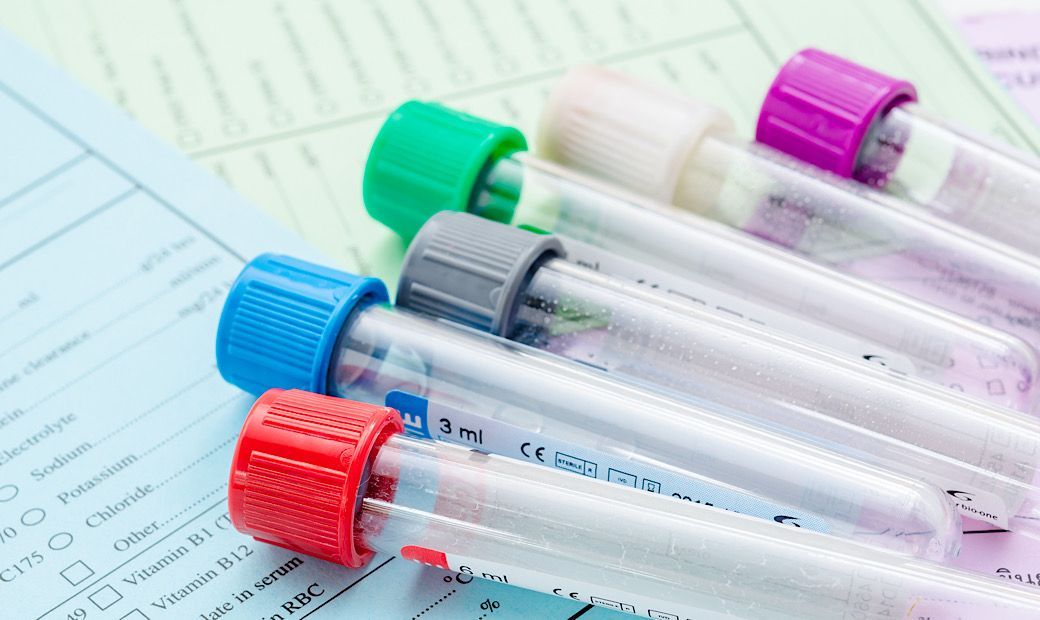The Role of FDA Approval in New Cancer Screening Tests

The introduction of new cancer screening tests, such as the Shield test for colorectal cancer (CRC), marks significant advancements in early detection and treatment. However, the journey from innovation to clinical use involves rigorous evaluation and approval processes, particularly by the U.S. Food and Drug Administration (FDA). This article explores the importance of FDA approval for new CRC screening methods, including the Shield test, and how Frischman & Rizza can assist with malpractice issues related to these screenings.
Understanding FDA Approval
The FDA Approval Process
The FDA is responsible for protecting public health by ensuring the safety, efficacy, and security of drugs, biological products, and medical devices. For new cancer screening tests to be approved, they must undergo a stringent evaluation process that includes:
Preclinical Testing: This phase involves laboratory research and animal studies to gather initial data on safety and biological activity.
Investigational Device Exemption (IDE): If preclinical results are promising, developers must apply for an IDE to conduct clinical trials in humans.
Clinical Trials: These trials are conducted in phases to assess the test's safety, effectiveness, and potential side effects. They typically involve multiple stages:
Phase I: Small-scale trials to assess safety and dosage.
Phase II: Larger trials to evaluate effectiveness and further assess safety.
Phase III: Large-scale trials to confirm effectiveness, monitor side effects, and compare the new test to standard treatments.
Premarket Approval (PMA): After successful clinical trials, developers submit a PMA application, including all data from the studies, for FDA review.
FDA Review and Decision: The FDA reviews the PMA application and makes a decision based on the test's safety and efficacy. This includes an advisory committee meeting where experts provide recommendations.
Importance of FDA Approval
FDA approval is crucial for new cancer screening tests for several reasons:
Safety and Efficacy: Approval ensures that the screening test has been rigorously evaluated and proven to be safe and effective for its intended use.
Standardization: FDA approval helps standardize new tests, ensuring consistent performance and reliability across different healthcare settings.
Insurance Coverage: Many insurance companies require FDA approval before covering the cost of a new screening test, making it more accessible to patients.
Trust and Acceptance: FDA approval builds trust among healthcare providers and patients, encouraging the adoption of new screening methods.
The Shield Test and FDA Approval
Overview of the Shield Test
The Shield test is a new blood-based screening test designed to detect CRC by identifying specific DNA markers associated with colorectal tumors. This non-invasive method offers an alternative to traditional colonoscopy and stool tests, potentially increasing patient compliance with regular screening.
FDA Approval for the Shield Test
The FDA approval process for the Shield test follows the same rigorous evaluation as other medical devices. This includes extensive preclinical research, multiple phases of clinical trials, and a thorough review of the collected data. As the Shield test progresses through these stages, it must demonstrate its ability to accurately detect CRC with minimal risks to patients.
In a study published in the Journal of Clinical Oncology, the Shield test demonstrated a sensitivity of 91% and a specificity of 87%, showing promise as an effective CRC screening tool. These results are critical for the FDA's evaluation, as they indicate the test's potential to improve early detection and reduce CRC-related mortality.
Legal Considerations and Support from Frischman & Rizza, P.C.
Medical Malpractice and Negligence
While new screening methods like the Shield test offer significant benefits, they also introduce potential risks if not properly implemented or if patients are not adequately informed. Medical malpractice occurs when healthcare providers fail to meet the standard of care expected, leading to harm or injury to the patient. In the context of CRC screening, this could involve misdiagnosis, delayed diagnosis, or failure to recommend appropriate screening methods based on a patient's risk factors.
Frischman & Rizza, P.C., based in Pittsburgh, PA, specializes in medical malpractice and personal injury law. They provide expert legal advice and representation for patients dealing with CRC and other healthcare-related issues. If a healthcare provider fails to recommend the Shield test or other appropriate screening methods, and the patient later develops advanced cancer, this could constitute medical negligence. The legal team at Frischman & Rizza, P.C. can investigate the case, gather medical records, consult with experts, and build a strong claim to ensure the patient receives justice and fair compensation.
Informed Consent and Patient Rights
Informed consent is a fundamental principle in healthcare, requiring that patients be fully informed about the risks, benefits, and alternatives of any medical procedure or treatment. This is particularly important for new screening methods like the Shield test, where patients need to understand how the test works, its accuracy, and the potential need for follow-up procedures.
Frischman & Rizza, P.C. advocates for patients' rights to make informed decisions about their health. If a healthcare provider fails to obtain informed consent or adequately explain the Shield test's options, patients may have legal grounds to pursue a claim. The legal experts at Frischman & Rizza, P.C. are dedicated to protecting patients' rights and ensuring they receive the information needed to make informed healthcare decisions.
Case Studies and Client Success Stories
Frischman & Rizza, P.C. has a proven track record of success in representing clients in medical malpractice and personal injury cases. Here are a few examples that highlight their expertise:
Case Study 1: A patient with a high risk of CRC due to a family history was not recommended for regular screenings by their primary care physician. When the patient was eventually diagnosed with advanced CRC, Frischman & Rizza, P.C. helped them secure compensation for medical expenses and emotional distress.
Case Study 2: Another client experienced a delayed diagnosis of CRC due to a misinterpretation of the Shield test results. The legal team at Frischman & Rizza, P.C. successfully argued that the healthcare provider failed to follow standard diagnostic procedures, resulting in a favorable settlement for the client.
Community Engagement and Education
In addition to legal representation, Frischman & Rizza is committed to community engagement and education. They regularly host seminars and workshops to inform the public about the importance of CRC screening, the latest advancements in screening technology, and patients' legal rights. By empowering individuals with knowledge, they aim to improve public health outcomes and ensure that patients receive the highest standard of care.
FDA approval plays a crucial role in ensuring the safety, efficacy, and accessibility of new cancer screening tests like the Shield test. These rigorous evaluations help build trust among healthcare providers and patients, ultimately improving early detection and treatment outcomes. In Pittsburgh, Frischman & Rizza
provides expert legal support for patients navigating the complexities of CRC screening and addressing any issues of medical negligence. With their assistance, patients can make informed decisions about their health and ensure that their rights are protected.





